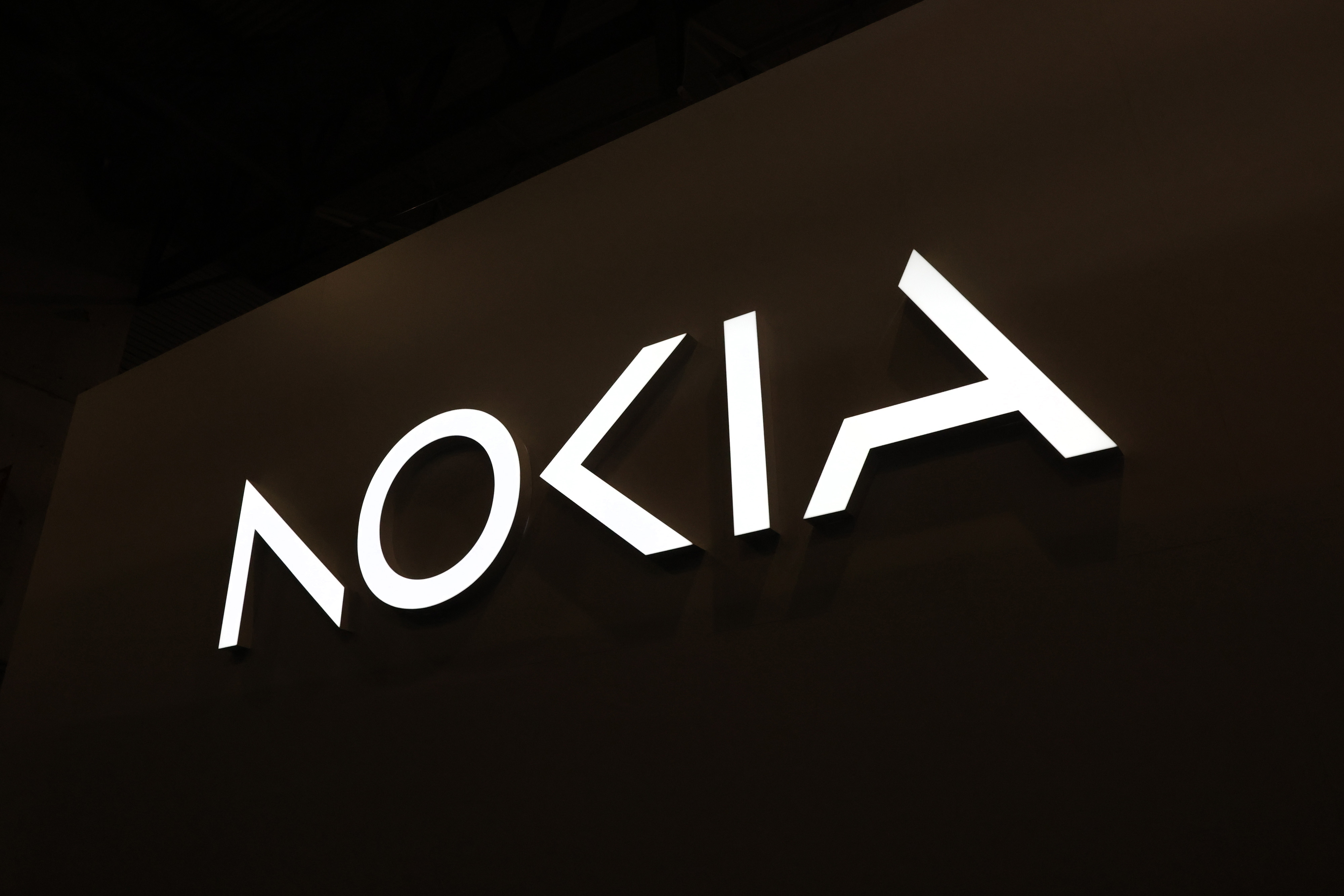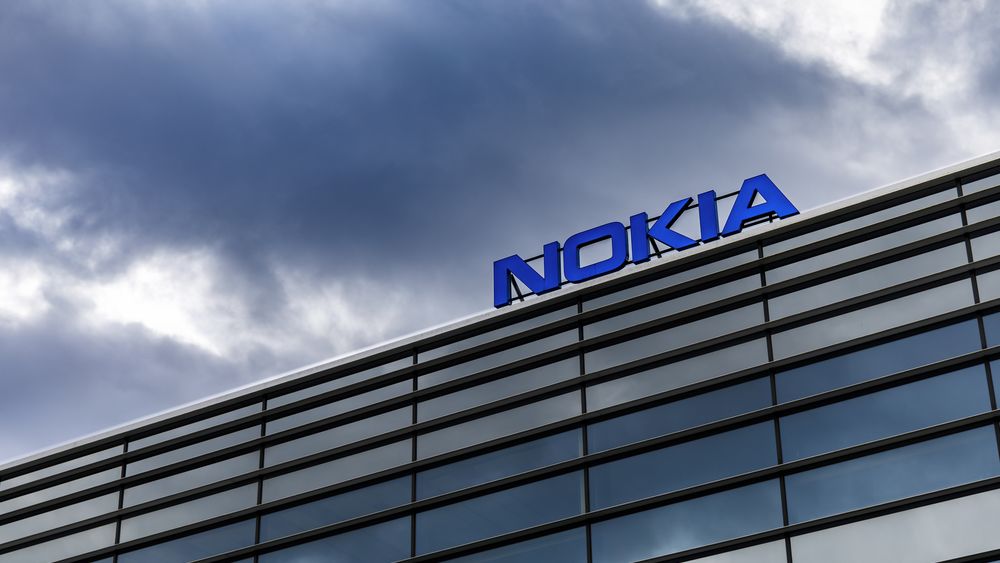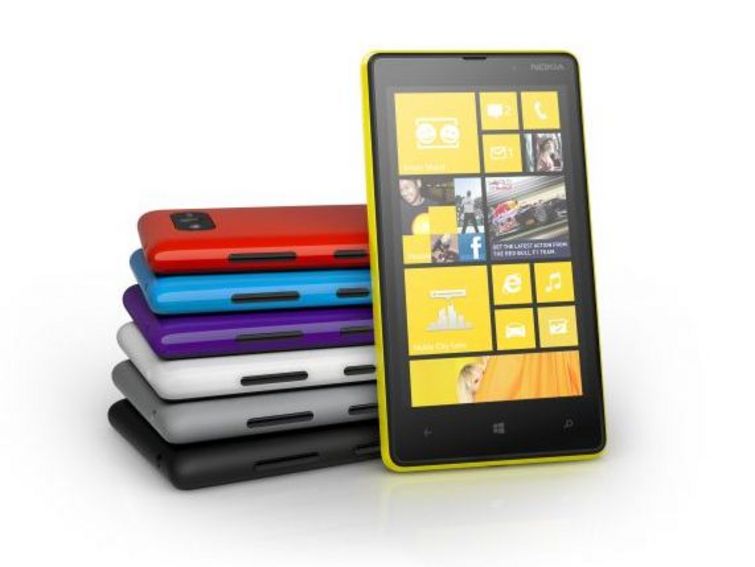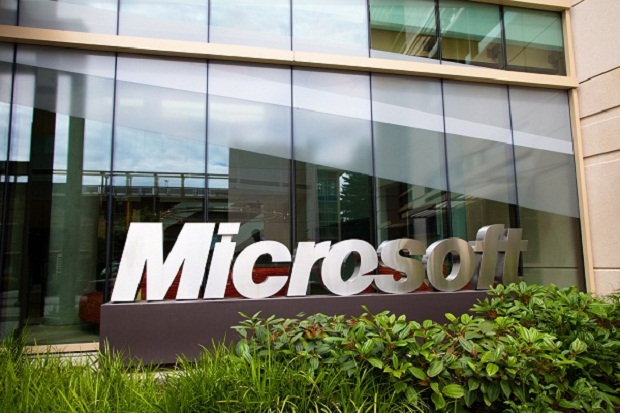Microsoft's Nokia acquisition receives cautious welcome
Could deal provide the Windows Phone platform with the shot in the arm it needs?

Microsoft's acquisition of Nokia's phone business could be the final nail in the coffin for BlackBerry's comeback chances, according to industry watchers.
As reported by IT Pro earlier today, the software giant has agreed to cough up 4.6 billion for the Finnish phone company's struggling handset business, having partnered with the firm for several years.
Microsoft is now able to control the full user experience, which will help avoid OS fragmentation.
The mobile phone maker has seen its fortunes wane, as the popularity of the smartphone form factor popularised by the likes of Apple and Samsung has soared.
The company is still the world's second largest mobile phone maker, thanks in no small part to the enduring popularity of its feature phones.
However, despite partnering with Microsoft to bring its line of Windows Phones to market, the company has failed in recent years to secure a top five place in the highly lucrative smartphone market.
In light of this, it is perhaps unsurprising that news of the Redmond giant's intervention has been cautiously welcomed by market watchers.
Victor Basta, managing director of tech-focused financial advisory firm Magister Advisors, said reversing the "gradual erosion" of market share and perception Nokia has suffered over the years will be a tough job for Microsoft.
Sign up today and you will receive a free copy of our Future Focus 2025 report - the leading guidance on AI, cybersecurity and other IT challenges as per 700+ senior executives
"Microsoft must be betting that with more control they will be able to reengineer the business and gain market share, [but] there is a huge array of challenges in the way," said Basta.
"The risk for Microsoft is that this deal is a 'me-too' strategy on the heels of Google's deal with Motorola and a fundamental recognition that Apple's content and hardware ecosystem is the only model that can work."
Basta said Microsoft's apparent attempt to "recreate Apple" by building a business that offers software and hardware under the same roof could also backfire.
"A me too' strategy, catching up with Apple is not likely to succeed. Microsoft needs its own strategy in the marketplace, and Nokia alone will not deliver that," he warned.
Adrian Drozd, research director of ICT Europe at business advisory firm Frost and Sullivan, said the deal should help improve the standing of the Windows Phone platform within the smartphone market.
"The acquisition enables Microsoft to re-double its efforts with Windows Phone, and use the Lumia brand to truly innovate with the platform," said Drozd.
"Microsoft is now able to control the full user experience, which will help avoid OS fragmentation (as has been the case with Android) and make it easier to attract developers to the platform," said Drozd.
The Nokia-Microsoft deal has been criticised in the past for scaring off OEMs that might be interested in building Windows Phones, but Drozd is hopeful this could now be reversed.
"In order to grow market share, Microsoft will need to keep Samsung and HTC on board, and will need to alleviate any concerns that emerge as a result of the acquisition," he explained.
"Microsoft can use Nokia to really drive innovation on the platform, as Google is doing with Motorola. However, in order to succeed it will need to ensure it maintains good relationships with its partners."
Meanwhile, Nigel Hawthorn, EMEA director for marketing at mobile device management vendor MobileIron, said it's BlackBerry who stands to lose the most from this deal going ahead.
"This year we've already seen Windows 8 overtake Blackberry in shipments, and with this announcement that position is further strengthened. As the mobile handset industry consolidates with Motorola acquired by Google and Nokia by Microsoft, this leaves BlackBerry as a small fish in a global pond," said Hawthorn.
"In the enterprise, BlackBerry's traditional stronghold, I've always believed there would be three main operating systems. Android and iOS rule right now, and just 12 months ago the battle was really on for that third spot. I think this news answers that question. For now."
-
 The open source ecosystem is booming thanks to AI, but hackers are taking advantage
The open source ecosystem is booming thanks to AI, but hackers are taking advantageNews Analysis by Sonatype found that AI is giving attackers new opportunities to target victims
-
 Westcon-Comstor enters Balkan market with REAL Security acquisition
Westcon-Comstor enters Balkan market with REAL Security acquisitionNews The acquisition gives the distribution giant immediate access to an established partner ecosystem spanning eight Balkan markets
-
 Nokia to cut 14,000 jobs as demand for telecoms equipment plummets
Nokia to cut 14,000 jobs as demand for telecoms equipment plummetsNews Nokia said the move could deliver up to $1.37 billion in cost savings
-
 Nokia to cut 10,000 jobs in bid to boost R&D funds
Nokia to cut 10,000 jobs in bid to boost R&D fundsNews The Finnish telecoms giant plans to save €600m over the next two years to reinvest into emerging technologies
-
 Nokia acquires Comptel to leverage software business
Nokia acquires Comptel to leverage software businessNews Mobile infrastructure firm will offer its customers better analytics capabilities
-
 Curtain falls on Nokia's smartphones
Curtain falls on Nokia's smartphonesIn-depth Microsoft is dropping the Nokia brand from its Windows smartphones. It is the end of an era
-
 Microsoft ditches Nokia branding on Lumia devices
Microsoft ditches Nokia branding on Lumia devicesNews The company has decided to drop the Nokia name, but will keep the Lumia branding
-
 Microsoft job cuts: 18,000 workers will be gone by June 2015
Microsoft job cuts: 18,000 workers will be gone by June 2015News Nokia staff to make up the brunt of those axed
-
 Microsoft makes changes to Nokia acquisition deal
Microsoft makes changes to Nokia acquisition dealNews Nokia to be rebranded as Microsoft Mobile, according to memo
-
 Nokia bags Chinese approval for Microsoft phone deal
Nokia bags Chinese approval for Microsoft phone dealNews Finnish phone maker wins regulatory approval to sell off its phone business